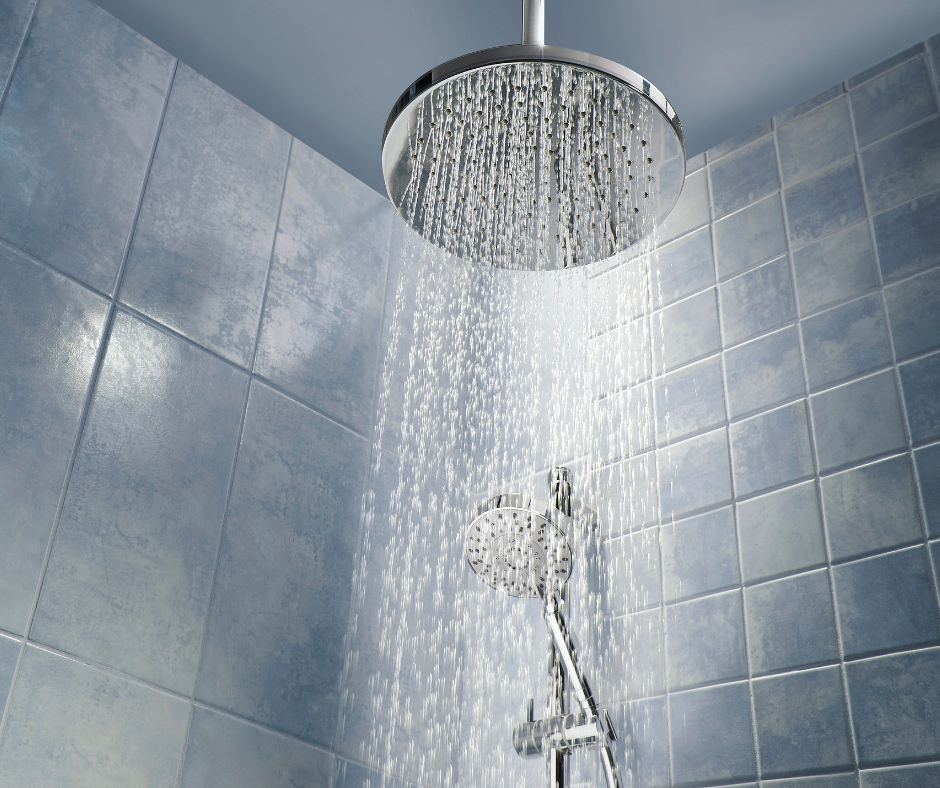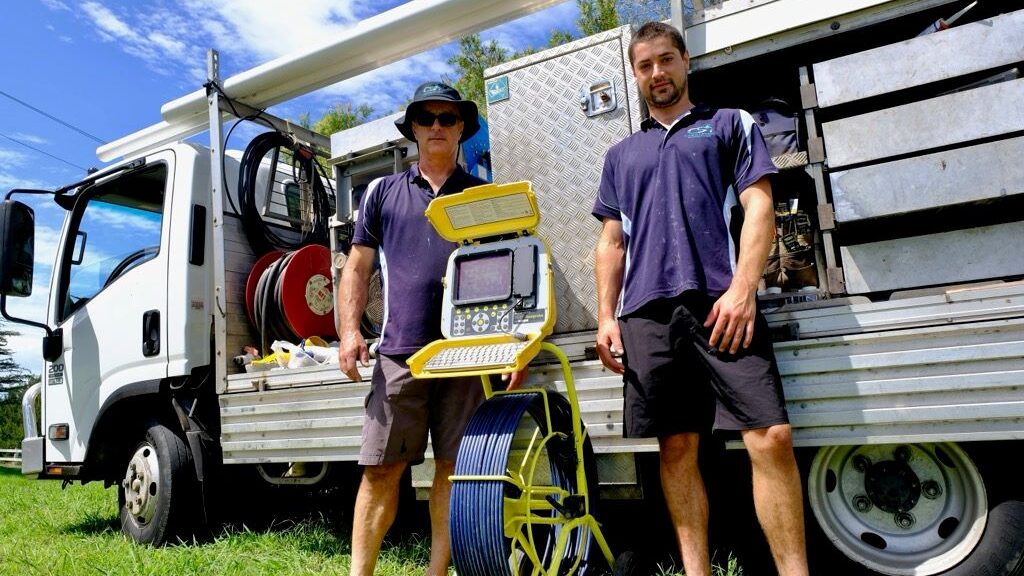Evaluating the Value of Hot Water Storage Tank Systems for Your Home
Storage hot water systems continue to be a dependable and practical choice for numerous homes in Wollongong, particularly for larger families or properties that already have established electric or gas infrastructure.
Although innovative technologies such as heat pumps and continuous flow units demonstrate superior efficiency, properly sized and maintained storage tanks can still perform admirably when used with off-peak electricity or natural gas. The selection of the most suitable system is contingent upon your energy setup, available space, and daily water consumption patterns.
Ultimately, the answer hinges on your household dynamics, your water usage habits, and the specifics of your energy framework.

Understanding the Functionality of a Storage Tank Hot Water System
A storage hot water system operates by heating water within a cylindrical tank and maintaining it at a designated temperature. When you activate the tap, hot water is immediately available from the tank. As water is used, the tank replenishes and reheats the water to ensure a steady supply.
The availability of tanks spans a broad spectrum, from compact 50-litre models ideal for small spaces to substantial units exceeding 400 litres, suitable for larger families or commercial needs.
Reasons Why Storage Tanks Remain a Smart Choice Today
- Simple Design. These systems are uncomplicated, lacking intricate sensors or electronic components.
- Reliable Performance. They excel in homes with consistent hot water demand, providing a steady supply.
- Versatile Installation Options. Storage tanks can be positioned almost anywhere—indoors or outdoors, in either vertical or horizontal orientations.
- Low Maintenance Requirements. Most replacement parts are affordable and readily accessible, making upkeep straightforward.
In many homes across Wollongong, particularly those featuring older plumbing designs or accommodating larger families, storage tanks continue to present a reliable and economically sound solution for hot water needs.
Comparing Gas and Electric Storage Tanks: Making the Right Choice
Electric Storage Systems
These systems are generally easy to install and are well-suited for homes with a stable electricity supply. They are frequently operated on off-peak tariffs, which can significantly reduce energy costs. Electric systems are particularly beneficial for smaller households or properties lacking gas connections.
Gas Storage Systems
Gas systems offer quicker water reheating capabilities, making them more efficient for households with high hot water demands. If your home is already equipped with natural gas, a gas storage tank can represent a wise investment for the long term.
Unsure about the best option for your situation?
Our dedicated pages on electric and gas hot water systems provide in-depth details on both alternatives.
Identifying Common Issues with Older Storage Tank Systems
- Running Out of Hot Water before all household members have taken their showers.
- Increased Energy Bills resulting from inadequate insulation or inefficiencies.
- Leaks or Rust forming around the base of the tank, indicating potential failure.
- Slow Recovery Time between uses, leading to inconvenient wait times.
- Unusual Noises such as popping or hissing during the heating process.
If any of these issues resonate with your experience, it may be time to consider a replacement or at the very least, a professional check-up.
Evaluating Whether to Upgrade or Switch to a New Hot Water System
If your current storage tank exhibits any of the following characteristics:
- Exceeds 10 years in age.
- Displays visible signs of wear or operational inefficiency.
- Struggles to meet your household's hot water requirements.
In such cases, it is advisable to contemplate an upgrade.
This might involve investing in a new storage tank with enhanced insulation properties, or transitioning to alternatives such as an instantaneous or heat pump system.
We can assist you in making the most informed decision based on your household's energy access, space limitations, and overall water usage patterns.
Key Considerations for Your Hot Water System Choice
Storage tank systems maintain their relevance, particularly for larger homes or setups lacking the necessary infrastructure for advanced technologies. They are straightforward, cost-effective, and efficient when appropriately sized and well-maintained.
However, they are no longer a universal solution. With a growing array of more efficient and adaptable options available on the market, consulting with a licensed plumber is essential. They can evaluate your unique needs and recommend the most suitable hot water solution for your household.
Are you seeking assistance in selecting or replacing your hot water system? Contact our expert team today for tailored advice.

Frequently Asked Questions about Gas and Electric Hot Water Systems
Which hot water system is more economical to operate: gas or electric?
In general, gas hot water systems tend to have lower operating costs, especially if your residence is already linked to natural gas. However, electric systems that utilise off-peak tariffs or are combined with solar power can provide competitive running costs. The most economical option will largely depend on your specific usage patterns and local energy rates.
Which type of system heats water more quickly: gas or electric?
Gas systems typically heat water at a faster rate compared to electric systems, making them particularly advantageous for larger households or residences equipped with high-demand appliances. While electric systems may have slower recovery times, advancements in technology are resulting in improved efficiency.
Are gas hot water systems more suitable for large families?
Yes, gas storage or instantaneous systems are generally better suited for larger households where multiple individuals may require hot water simultaneously. Their faster reheating capabilities allow them to cater to higher usage demands without depleting the hot water supply as quickly.
Is it possible to install a gas hot water system without a gas connection?
Yes, you can install a gas system, but you will need to use LPG (bottled gas) instead of mains natural gas. This is often the case in rural or semi-urban regions of the Illawarra. Keep in mind that the costs associated with LPG can be higher, and managing deliveries will be necessary.
Are electric hot water systems still a viable option?
Absolutely. Electric systems are straightforward, budget-friendly, and widely accessible. They are particularly suitable for smaller homes, apartments, or properties without gas infrastructure. When paired with solar PV or used during off-peak rates, they can achieve high levels of efficiency.
Which type of system has a longer lifespan: gas or electric?
Both types of systems typically enjoy similar life expectancies, usually ranging from 8 to 15 years, depending on factors such as brand, usage habits, and water quality. Regular maintenance is crucial; components such as anodes, valves, and thermostats should be inspected every few years to maximise longevity.
Which is the more environmentally friendly option?
Electric systems that are paired with solar power or heat pumps tend to have the lowest carbon footprint. Although gas is cleaner than electricity generated from coal, it still produces carbon emissions. If sustainability is a priority for you, consider opting for modern electric systems or those assisted by solar energy.
Are Storage Tank Hot Water Systems Still a Good Choice in Wollongong?



It’s interesting to see a focus on storage hot water systems, especially given the diverse needs of families today. In my experience, the choice between a storage tank and other hot water systems like heat pumps often boils down to specific household dynamics and even personal preferences. For instance, we have a family of five, and when we shifted from a continuous flow system to a properly sized storage tank, we noticed significant improvements in our daily routine. The reliability of always having hot water ready during those busy mornings, especially when everyone seems to need a shower at once, made a world of difference.
You bring up a great point about the importance of choosing the right hot water system based on family dynamics. I can see how having a reliable storage tank can ease the morning rush, especially in a busy household. It’s one of those aspects of home life that often goes unnoticed until there’s a problem or a significant improvement.
Your exploration of storage hot water systems really resonates with me, especially considering how essential hot water is for our daily routines. In our household, we rely heavily on our storage tank system, and it’s comforting to know that even with the rise of newer technologies, these systems still hold their ground for larger families.
Ah, the humble hot water storage tank – a stalwart member of the household appliance family. It’s like the dependable uncle at family gatherings, always there to provide warmth (literally!) and comfort, but not necessarily the star of the show. I’ve often mused about these tanks while shivering in the shower when someone else in the house has committed the cardinal sin of using all the hot water for, I don’t know, a five-minute hair wash? The audacity!